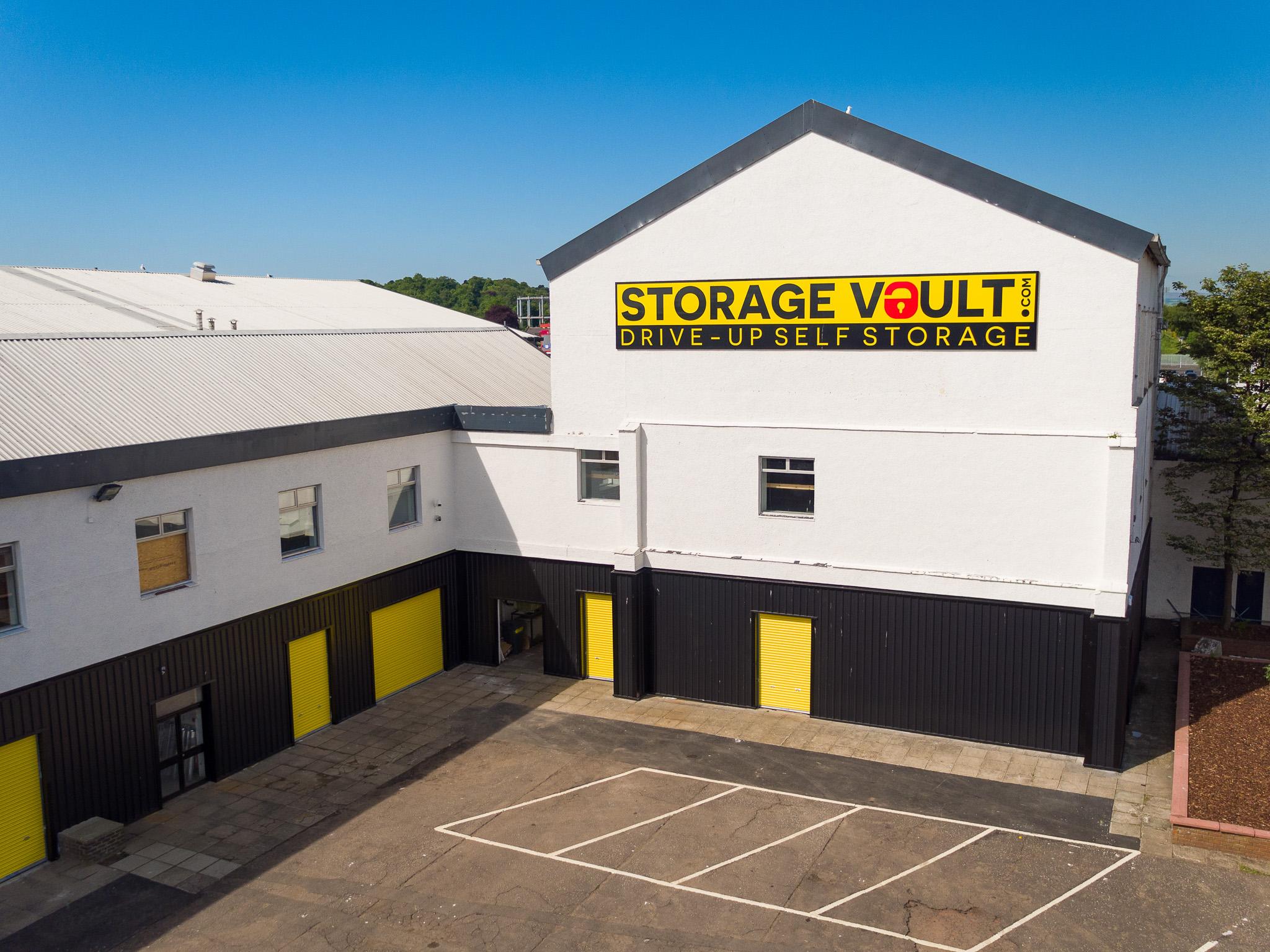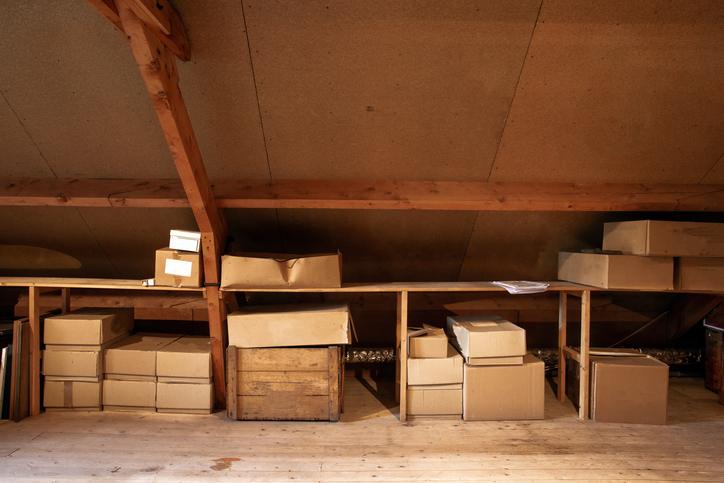The Ultimate Moving House Checklist

Moving is a pain and no matter how many times you’ve moved, it never seems to get any easier. One of the trickiest parts about moving is knowing what to do and when to do it. Sure, you know you’re supposed to call your internet provider and tell them your new address. But if you do it too late, you might get penalised with fees.
Maybe one weekend you’re feeling particularly ambitious and you decide to pack up several boxes’ worth of stuff. That’s all well and good until you realise later on you packed something you need and have to figure out which container you put it in.
These examples illustrate how difficult moving house can be. So, to make sure your next move goes off without a hitch, we’ve broken down the two months before your move, sorting the numerous tasks into manageable chunks that will alleviate your stress and eliminate feelings of being overwhelmed.
You’ll find that our moving house checklist will give you the clarity you’ve always wanted during a move. While we can’t be there to help you pack, our list will guide you through the moving process so you can plan better, pack smarter, and know what needs done from two months out all the way until the big day. You’ll be amazed at how easy your next move will be with this list!

Two months before moving
Two months before your moving date is a good time to begin making preparations. At this point, the big day may seem far off so you might feel the temptation to put off some of the work until it gets closer—don’t fall into this trap! These eight weeks will fly by in the blink of an eye.
Before you know it, the moving day will be looming right around the corner, and you’ll end up rushing through important tasks that should have been done weeks before.
With your move-in day two months away, here are some of the things you should focus on at this point?
Decluttering. Starting your decluttering process two months in advance will let you do a little bit at a time, making the task of decluttering your entire house a lot less daunting. Working on one room at a time is a great way to accomplish this task, as it will help you keep track of where you are in the process.
Personally, I found my own variation of the Konmari method to be very helpful when I decluttered my house. While I didn’t go all out with it, the concept of keeping things that spark joy allowed me to let go of a lot of possessions that I realised I didn’t need any more. Adopting a more minimalist mindset was another helpful trick, as I realised a cluttered home equaled a cluttered mind.
Decluttering is an important process because chances are, you have more stuff than you think and you don’t want to end up bringing it all to your new place.
Getting rid of things you no longer need or want means less work for you in the long run: fewer things to box up, move, and unpack at your new house. Plus, decluttering is cathartic, and you’ll feel better once you’ve sorted through everything.
Give notice on your current tenancy. Some landlords may require up to three months’ notice before you move out. It’s important to keep your landlord in the know, so he or she has time to attract other tenants.
Looking over your tenancy agreement two months ahead of time will give you time to fix any problems with your current place that could allow your landlord to withhold your deposit. Perhaps you have a few too many nail holes in the wall or a stain in the carpet you still need to clean? Checking the agreement between you and your landlord will remind you of their expectations so you can start preparing your home for the final walk-through before you leave.
Research your new neighbourhood. Learning about your new area you will be living in is a great way to familiarise yourself with the location. A good way to do this is by reading local papers or newsletters, looking for local social media groups, or visiting the community website, if it has one.
The more you know about the place you’re going to be living, the better you will settle in and feel at home. If you don’t have a car, you should research public transport routes in the area. If you have pets or children, find parks and local services near your house. Check out what the area has to offer for entertainment, dining, and shopping.
As you’re researching, read reviews for services like doctors and schools for your kids and pick the ones you want to use after your move. You will need to transfer records to these new services, and you’ll want to know your options well in advance.
Notify Your Utility Companies. Make a list of your current utility companies and cross them off as you contact them. If you are cancelling certain services such as your land phone or internet, you will want to let them know as soon as possible. Failing to do so could mean more work for you in the future when dealing with annoying billing problems.
Research Moving Companies. This is one part of planning that will save you the greatest headache down the road. Ask for recommendations from friends or family who have used a removals service in the past. If you want to be especially thorough, supplement their advice with reviews from Facebook, TrustPilot or Google.
As you research, make sure to write down each company’s service description and price so you can compare them all at the end. Once you decide on a company, book a date and get the phone number of someone you can contact directly.
Start looking for packing materials. You’ll want to begin collecting packing materials for your move well in advance. Once you start packing, you won’t want to make a special trip to find more if you run out. Removal companies often carry cardboard boxes and other materials, so as you call around, ask about their packing materials. They may even carry used boxes at a cheaper price than buying them new someplace else.
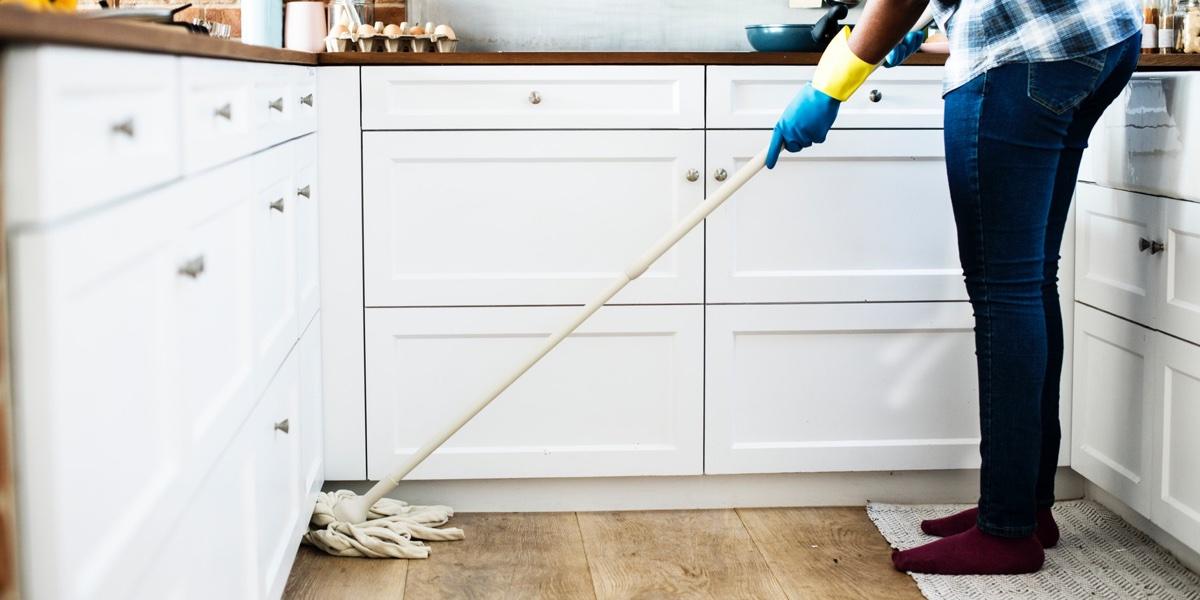
One month before moving
It’s one month before moving day, and you’ve already knocked out a good deal of this moving checklist. You’ve started decluttering your house, made arrangements with your landlord, given your utility companies plenty of notice for your change of address, and booked a removals company for moving day. Great job!
With that, here’s the game plan for the next four weeks.
Reorganise your paperwork. Have you ever felt a moment of panic when you think you’ve lost an important document? During a move, it can be easy to lose track of things you’re supposed to save.
To keep this from happening, take a moment to organise whatever paperwork, mail, official letters, or whatever else you’ve been tossing into drawers over the years. You can keep them in a folder, binder, notebook, or your phone–whatever system works best for you.
Getting these important papers together (including phone numbers, names to remember, etc.) now will prevent you from losing them in the shuffle later on in the move. It’ll all be in one place and you’ll be easily to easily access them if the need arises.
Continue contacting companies. Notify agencies like the HMRC who will need to know about your change of address for tax purposes. Call the local council of your new area and register to vote, or go to this website to re-register and submit your new address.
Also change your address in any online shops, so you don’t accidentally send a package to your old house. In the same vein, if you have a credit card, debit card, PayPal account, or any other method of payment, make sure to call your bank or contact customer service and give them your new billing information.
Notify the DVLA so you can change your driver’s license and vehicle registration certificate. If you need to alert your car insurance, get this done while it’s on your mind. The last thing you want is a hefty fine because you forgot to change your address! Visit the government website to quickly and easily get it done.
Lastly, contact the post office to redirect your post to your new property. Or, make an account or log in on Royal Mail’s official website.
The BBC has a comprehensive list of everyone you should notify about your move. Print it off and keep it with our checklist and you’ll have no problem keeping everything straight.
Begin deep cleaning. You don’t need to go on an all-out cleaning spree quite yet, but one month before the move is an excellent time to start hitting spots that might need a little extra TLC.
Hit the inside and outside of your cabinets (and even the tops if they don’t reach the ceiling) and your closets (don’t forget to give any built-in shelves a good clean, too).
At this point, you’ll want to start packing seasonal items. Think holiday decorations, coats, garden tools, and the like. Just as you did when you decluttered, keep several boxes with you for donations, things to sell, or items to throw away.
Don’t forget to label your boxes, so you know what’s inside! As you pack, make an inventory of belongings.
Arrange moving insurance. Purchasing moving insurance will give you peace of mind when the moving crew arrives. If you decide to get contents insurance, your inventory list will come in handy.
Plan ahead for parking. Plan parking for moving day in advance. Find out if either of your addresses have parking restrictions. (It helps to know how large the moving truck will be for this step. You don’t want to be ticketed or fined, and you don’t want to make a bad first impression with your new neighbours if there is a limit on the size of vehicles that can be parked on the street.)
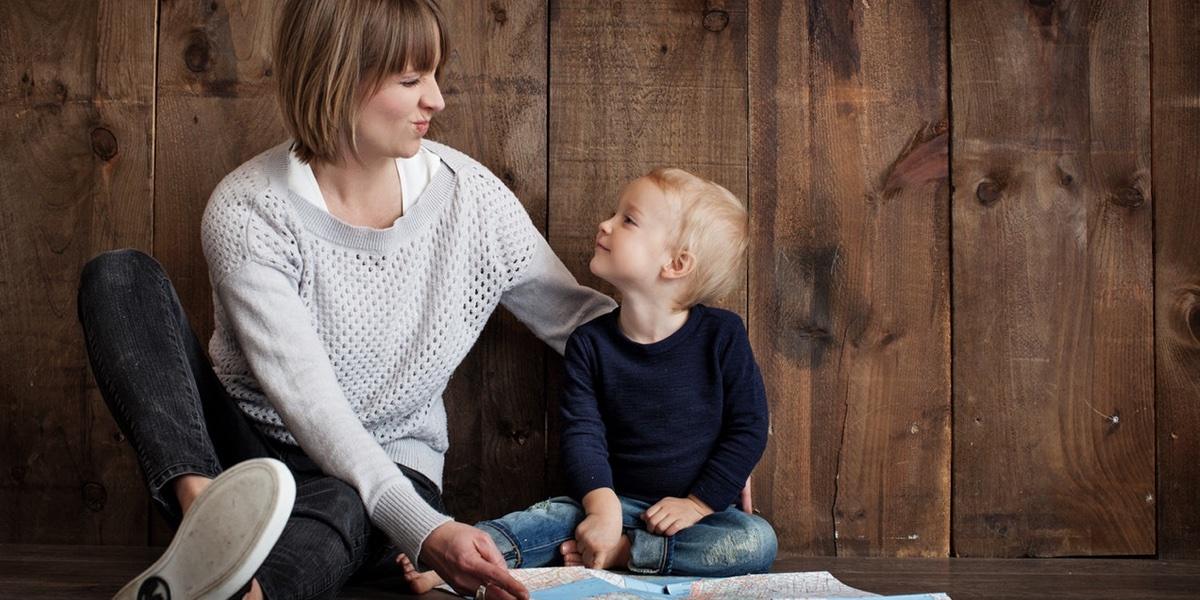
Two weeks before moving
With just two weeks left, you’ll be glad you gave yourself enough time to knock out this list. But there is still a lot left to do in the next fourteen days! Here’s what you should tackle next.
Find child or pet care for move-in day. If you have kids or pets, they will be excited to see the new house and want to explore every part of it the first chance they get. Wrangling your curious children and pets on top of giving the movers direction while unloading boxes will only add to the day’s chaos.
Ask a relative, friend, or childminding/pet sitting service to watch your kids or pets for the day. They’ll have more than enough time to explore the new property later, and you won’t have to worry about stretching yourself thin keeping an eye on them.
Alert local services of your move. This includes your doctor, milkman, or subscription services like newspapers and magazines.
Take a moment to call new services like the doctor and give them the information needed to help you switch practitioners. You may need to ask your old doctor’s office to send the new one your medical files.
Empty your pantry and freezer. If you don’t want to (or can’t) take foodstuffs with you, start using it up now. When you cleaned your kitchen cabinets, you probably noticed you had food you didn’t realise you had. If you host a goodbye party, this is a good chance to get rid of it.
Request time off and plan. Let your employer know you’re moving and request that day off. If possible, try and get the next day or two as well so you can do some unpacking and much-needed recovery.
Additionally, if you think you will need one, research and book a storage unit. Having one available in advance will be incredibly useful if the removals company doesn’t show up or you don’t have enough room for all your belongings.

One week before moving
If you’ve followed this list, you should be on top of everything and feeling pretty good about where you are at this point. Does it seem like you still have a ton to get done? Don’t worry! There are still some loose ends to tie up, but take it a day at a time, and you’ll be done in no time.
Confirm plans with everyone involved. Double check with the removals company to verify the day and hour of your booking. Give them directions if necessary. If you have to be out of your house by a particular time, every minute counts and you want to make sure a tardy crew doesn’t leave you high and dry.
Confirm with whoever has agreed to watch your children and pets. If you aren’t hiring a sitter for your kids, pack a kit for them with toys, books, and other things to occupy themselves while you work.
Call your landlord for a final walkthrough. If you rent your current home, you’ll usually need to do a final inspection with your landlord to get your deposit back. Before your landlord comes, make sure your house is in the same shape or better than when you first moved in. You’ll be glad you started deep cleaning in the weeks leading up to the walkthrough.
Make preparations for your new house. You might think you’ve done everything there is to do to prepare your new home for the move, but there are still a few things left.
First, call a locksmith to change the locks at your new address. Secondly, arrange to redirect your TV license. And, lastly, pay the remaining council tax for your current house.
Begin taking your furniture apart. If you have furniture you can disassemble, do it. It’ll be good to have this task complete and will give you a sense of how close you are to moving out. Take down any shelving you want to take with you and pack up things like pictures and knick-knacks if you haven’t yet. If you have items that you borrowed from friends, neighbours, or the library, return them now.
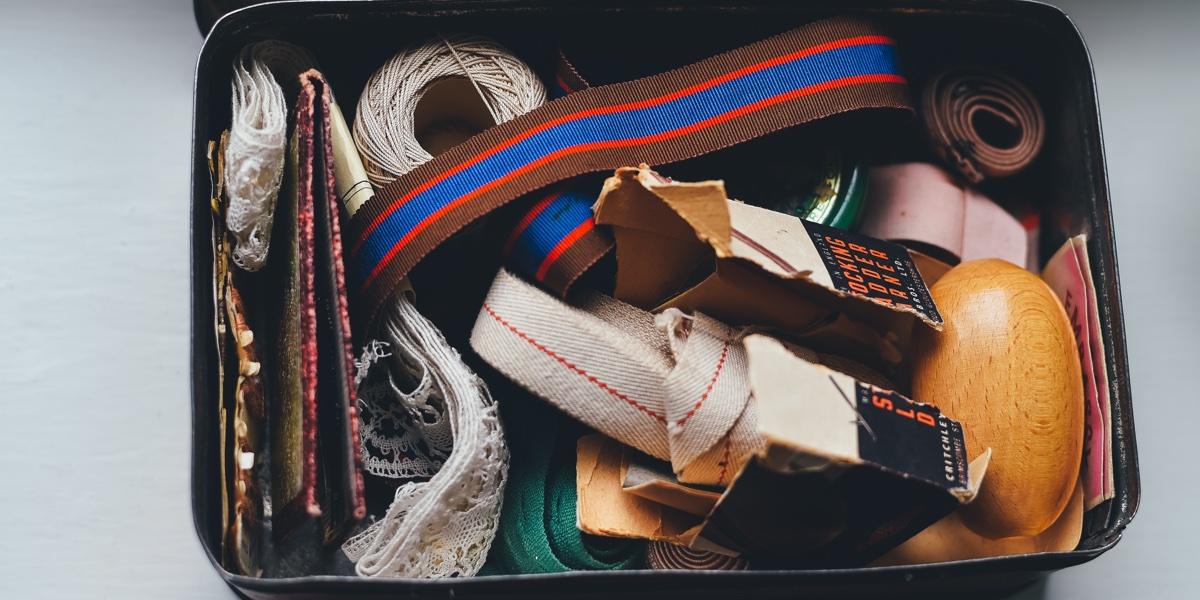
Three days before moving
By now, you’ve finished most of your list! The hardest part now will be the actual moving process. The next 72 hours are for you to make a few more phone calls and plan for your first couple of days at your new house.
Make a moving survival kit. This step is highly underrated but very important for a smooth move. You’ll want to pack a box of essential items that you know you’ll need while most of your things are still in boxes.
Include a few days’ worth of outfits (just in case), toiletries, medications and first aid, toilet paper, soap and whatever else you think you will need. While you do this, wash your dirty laundry–the less dirty clothes you bring with you, the better!
Make a list with the contact details of various services you think you’ll need in the first few days after your move.
Don’t forget your house keys. As a benefit to the next occupant, label your keys or leave them in the locks that they go to. Lay them out in a place that is easy for the new owners to find.
Move smarter, not harder. If you have the chance, visit your new place and measure the doorways, stairways, or elevators. You don’t want to find out on move-in day that some of your furniture won’t fit!

Two days before moving
During your final two days, take a minute to knock out small things like preparing food to eat the day of the move and running to the bank to withdraw cash to tip the movers.
Last-minute details. If you don’t have your keys to your new house yet, call your landlord or estate agent to get them. You also will want to set aside your important documents so they are not packed in a random box. You don’t want them to get packed in a random container.
Think ahead for mealtime. Pack a box with some food for the next few days. You won’t want to dig through boxes looking for cookware, and you won’t have time to go out to eat on moving day, anyway.
House chores. During the last few days at your old place, take the time to check your kitchen once more for expired food. If you are taking any food with you, make sure that they are properly sealed and aren’t at risk to explode, spill, or otherwise make a huge mess.
Disconnect any appliances you’re bringing to your new home. Take pictures of how your electronics are plugged in, like on your TV or computer. You’ll save yourself a lot of trouble later on if you have a photo to reference once you get around to setting them back up.
Unplug your refrigerator and freezer, so they have plenty of time to defrost. You’ll need to clean them out before you leave your old house.
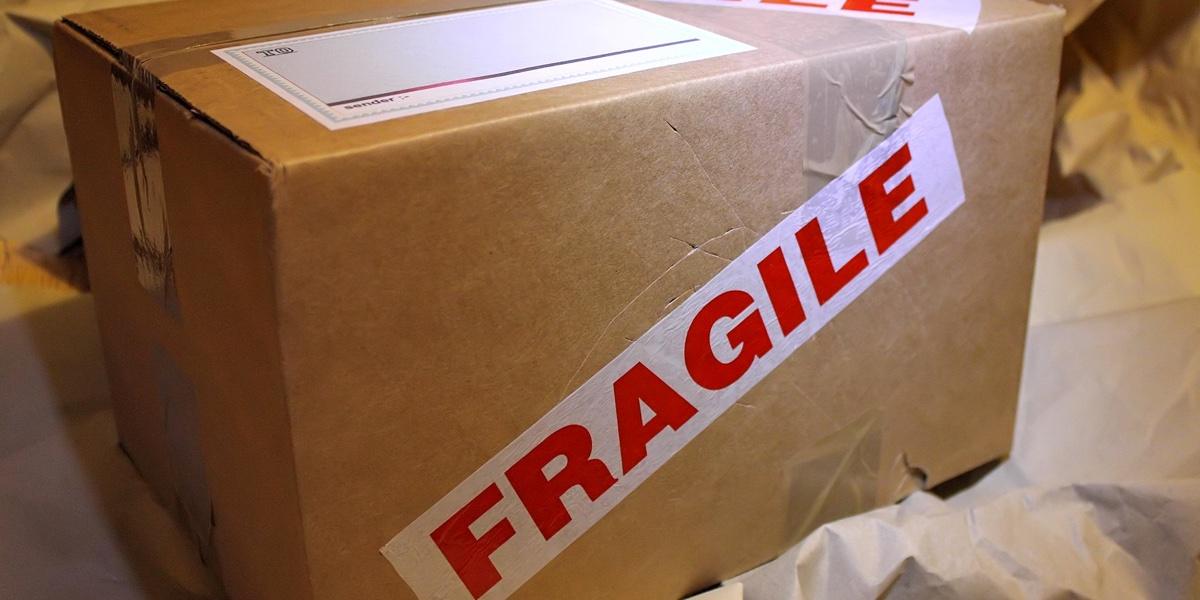
One day before moving
By this time you may be wondering what there could be left to finish. It’s not much, promise!
Last minute packing tips. Now is the time to pack whatever you have left aside from things in the bathroom and kitchen you know you’ll use in the next 24 hours. Make sure that boxes with fragile items are marked accordingly.
Put all the component pieces—screws, nuts, bolts and so on—from your disassembled furniture in labelled bags. One tip is to tape the baggies to the piece of furniture it goes to so it doesn’t get lost.
Complete a final sweep of the house. This includes checking drawers, cabinets, cupboards, and whatever else may be holding some items that have yet to be packed. You don’t want to leave something vital of yours behind by accident! This is also a good time to do a last quick clean to ensure the house is in good condition for the new occupants.
Charge your phone…and yourself! You’ll want to make sure yourself and your mobile phone are at full charge for moving day. You’ll probably be doing a lot of coordinating the day of the move, so don’t risk letting it run out of batteries.
Even if you may have moving-day jitters the night before, try and get as much sleep as you can. It’s going to be a demanding day, and you want to be in tip-top shape.
Make sure you have what you need accessible. This includes your box of snacks and drinks. Include your phone charger and whatever other things you think you’ll need to have ready in a pinch.

The Day of the Move
Before you know it, moving day is here, and all your hard work is about to pay off! You have just a few more things to do before completing the smoothest move ever.
Give the moving crew clear directions. If certain boxes have priority over others, let the movers know. Give them any other instructions if you have any at this time.
Do the last meter reading. Take a photo with your phone for good measure and give the reading to your utility companies.
Do a final check on the house. You’ll want to clean anything that may have been scuffed. Check that all doors and windows are latched and locked, give the garden one last look. Take photos of the entire house, inside and out, as proof of its condition when you move out.
Pack the last items left. Now is the time to pack your bathroom essentials and sleepwear. You can either keep them in a box for your new bedroom or put them in your essentials kit.
Take care of pets and kids. If you have arrangements with someone to watch your children or pets, drop them off or have them picked up before the removals crew arrives.

After the move
Pat yourself on the back and celebrate your successful move. After the removals crew is gone, it’s just you and the boxes. After you catch your breath, it’s time to unpack a few of the more important boxes.
Don’t feel bad for not unpacking everything within a day or two; it usually takes about a week to settle. Take a couple of hours every day to unpack, and you should have it done in no time.
Unpack a little at a time. Besides toiletries, towels, and other things you’ll use that same day, start with setting up your curtains. Next, find cooking utensils such as pots, pans, and your kettle. You’ll definitely need tea or coffee in the morning.
After that, lay out any rugs you brought, so you don’t have to mess with it when it comes time to arrange your furniture. It will also help you figure out how you want to lay out your furniture when you get around to moving it.
Give your new house a check. If you’re renting, make sure your deposit is set up with your new landlord. Check your gas lines, EPC, HMO license, and make sure your smoke alarm has fresh batteries.
Make sure your utilities like water, gas, and electricity are working, and check that the locksmith replaced the locks. If you have a fireplace, clean the chimney before you use it.
You will want to take pictures of the house for proof of its condition if or when you move again.
Most importantly, relax! Your move is done, and it’s smooth sailing from here. Take a deep breath and relax. You deserve it.
Think you’d like to keep some of your stuff in storage to lighten your load come moving day? Get in touch with Storage Vault and we can help you out with some self-storage space.



